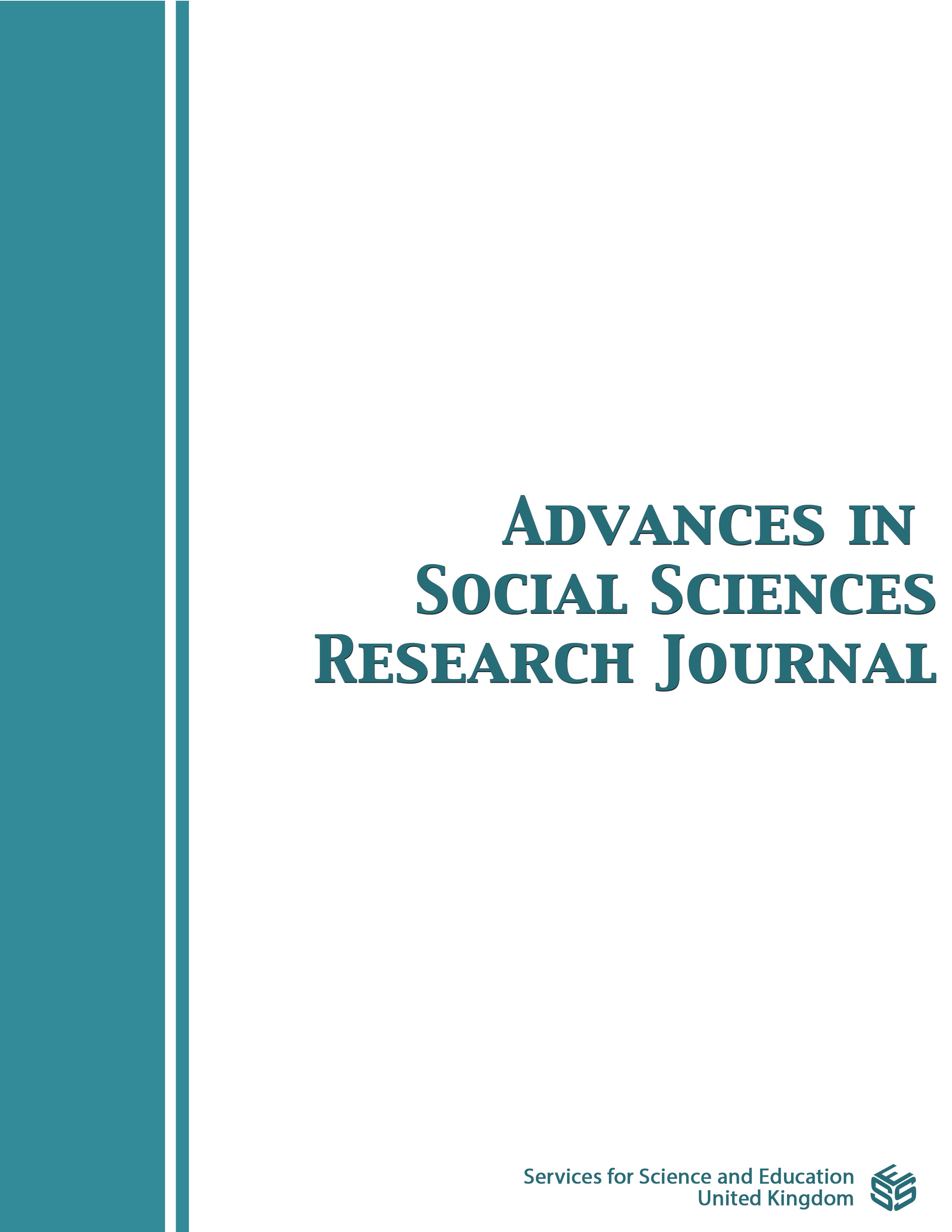The Efficacy of Metacognition in the Academic Performance of International Students in a Diverse and Inclusive University Through the Lens of Bandura Social Cognitive Theory
DOI:
https://doi.org/10.14738/assrj.1201.18224Keywords:
Metacognition, Social Cognitive Theory, International Students, Learning Strategies, Academic PerformanceAbstract
This qualitative study aimed to explore the role of metacognition in the academic performance of international students at a diverse and inclusive university through the lens of Bandura’s social cognitive theory. The study involved in-depth interviews with 20 purposefully sampled international students from various cultural backgrounds enrolled at the university. The interviews concentrated on understanding the students’ perceptions and experiences regarding their metacognitive processes and their impact on academic performance. Thematic analysis was performed to identify recurring themes and patterns in the data. The findings revealed that metacognition plays a crucial role in the educational performance of international students. Participants indicated that being aware of their learning strategies, setting goals, monitoring their progress, and adjusting their approaches based on feedback significantly influenced their academic performance. This study offers valuable insights into the significance of metacognition in the academic performance of international students, as backed by Bandura’s social cognitive theory, highlighting the necessity for educational interventions that enhance students' metacognitive skills in a diverse and inclusive university environment.
Downloads
Published
How to Cite
Issue
Section
License
Copyright (c) 2025 Stephen O. Okojie

This work is licensed under a Creative Commons Attribution 4.0 International License.
Authors wishing to include figures, tables, or text passages that have already been published elsewhere are required to obtain permission from the copyright owner(s) for both the print and online format and to include evidence that such permission has been granted when submitting their papers. Any material received without such evidence will be assumed to originate from the authors.






